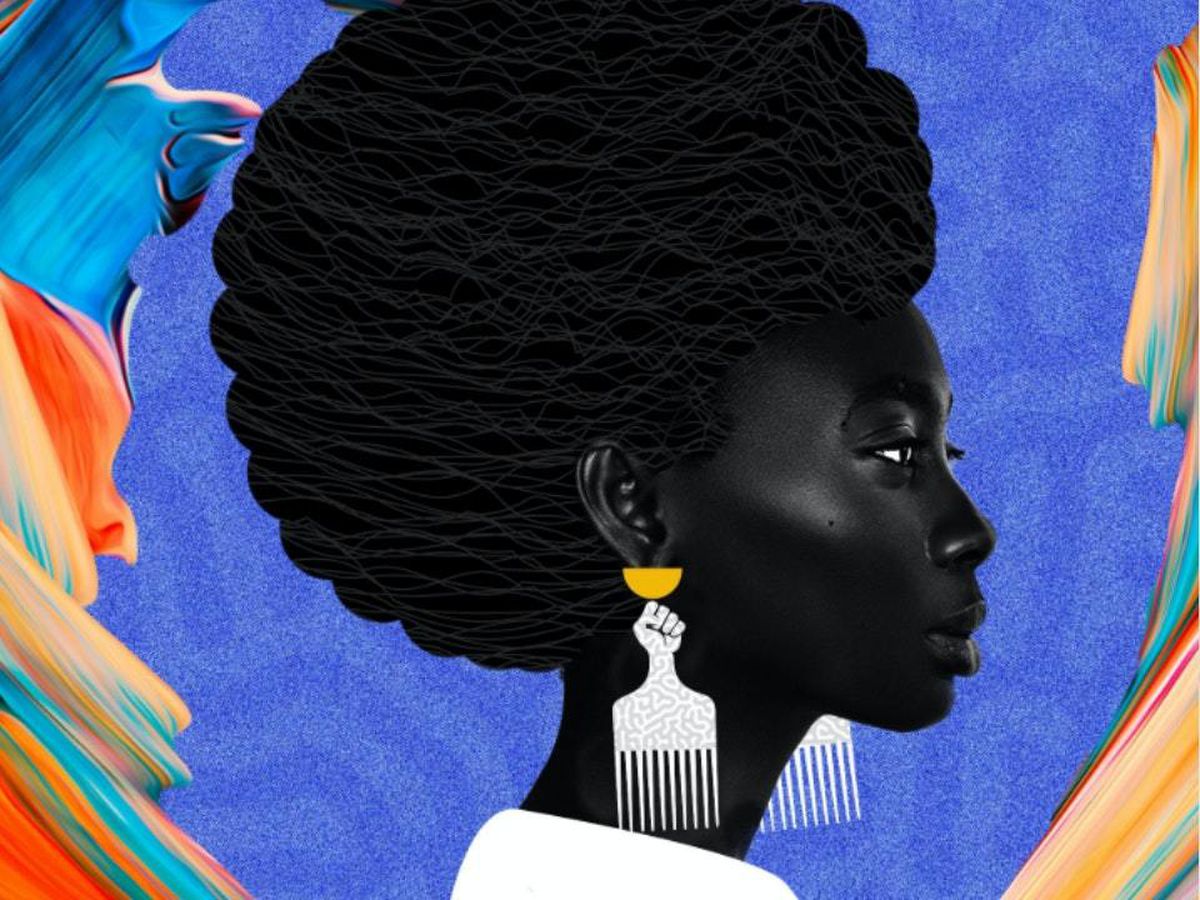“Juneteenth has never been a celebration of victory or an acceptance of the way things are. It’s a celebration of progress. It’s an affirmation that despite the most painful parts of our history, change is possible—and there is still so much work to do.” (Barack Obama)
July 4th has been American Independence Day since 1776. It’s the day where people don their most celebratory red, white, and blue and gather for picnics, fireworks, and general merriment. Yet, this isn’t independence day for everyone. The African diaspora of north America honors collective freedom on a different day; June 19th. June 19th is the commemoration of emancipation of all black and afro peoples held in enslavement in the United States. For the descendants of the freed people, it is an opportunity to honor our ancestors, acknowledge this nation’s dark and troubling past, and remember that there is still more to do.
The Story
While July 4th represents freedom from British rule, it doesn’t represent freedom of the entire country. You see, “on September 22, 1862, President Abraham Lincoln issued the preliminary Emancipation Proclamation, which declared that as of January 1, 1863, all enslaved people in the states currently engaged in rebellion against the Union “shall be then, thenceforward, and forever free.” (History.com). However, the Emancipation Proclamation (E.P.) did not free all enslaved people across the U.S. This is in part because the civil war was still happening at the time of Lincoln’s pronouncement. The legislation applied “only to the Confederate states currently in rebellion. Exempt from the proclamation were the four border slave states and all or parts of three Confederate states controlled by the Union Army.” (History.com)
In fact, additional legislation had to be drawn up to make it applicable to every state via the constitution of the United States. “Neither slavery nor involuntary servitude, except as a punishment for crime whereof the party shall have been duly convicted, shall exist within the United States, or any place subject to their jurisdiction.” This is the 13th Amendment.

To this, we must acknowledge the necessity of critical race theory in the US educational system, to tell a more complete truth of the darker, yet very real American history. The freedom of the enslaved persons, as declared by Abraham Lincoln, wasn’t necessarily about abolition. In-fact, it is speculated that abolition was enacted to gain international favor (which it did). An infamously non-committal quote circulating the internet reads: “If I could save the Union without freeing any slave, I would do it; and if I could save it by freeing all the slaves, I would do it; and if I could save it by freeing some and leaving others alone, I would also do that.” (Abraham Lincoln)
While this is troubling, it speaks to Lincoln’s interest in preserving the United States, as a whole nation. President Lincoln was morally opposed to slavery- yet he wished to end the civil war. He achieved both on June 19th, 1865.
Modern Acknowledgment
“Today Juneteenth commemorates African American freedom and emphasizes education and achievement. It is a day, a week, and in some areas a month marked with celebrations, guest speakers, picnics and family gatherings. It is a time for reflection and rejoicing. It is a time for assessment, self-improvement and for planning the future. Its growing popularity signifies a level of maturity and dignity in America long overdue. In cities across the country, people of all races, nationalities and religions are joining hands to truthfully acknowledge a period in our history that shaped and continues to influence our society today. Sensitized to the conditions and experiences of others, only then can we make significant and lasting improvements in our society.” (
Juneteenth.com)

On June 17, 2021, President Biden signed into law Senate Bill 475 (S. 475) making Juneteenth a federal holiday. This is a major step in the right direction as it brings a greater awareness to America’s history. Many black and Afro-Americans have been celebrating Juneteenth for decades, and surprisingly, some are just learning of it. This again is a blaring reminder that CRT is necessary so people can learn their stories from a cultural perspective. Every moment, however beautiful or tragic, is a part of the American tapestry. With the awareness around Juneteenth and other past events that tell the stories of BIPOC in the U.S., we begin to mend the holes in our historical tapestry.
How Everyone can Celebrate and Support
“
While the past year has shown that some factions in America are willing to fight against the systemic racism that continues to plague the country, others are introducing legislation to ban anti-racist education, lessons that would help students understand the significance of a holiday like Juneteenth. As the American public continues to grapple with how to talk about slavery and its enduring consequences, the national recognition of Juneteenth is at least a start to acknowledging the harmful way America was built and the foundational contributions of the enslaved.” (
Vox.com)
Ready to celebrate Juneteenth? Whether you’re a part of the African diaspora or not, you’re welcome to honor this momentous occasion. Many cities and towns have local celebrations, exhibits, and events around this holiday- with more to come as it grows in popularity. The best way to honor this day is to share the true history with loved ones, support black owned businesses, and partaking in a local barbecue. Grab a strawberry soda (a traditional Juneteenth beverage) and enjoy the freedoms of your friends, family, and neighbor.



